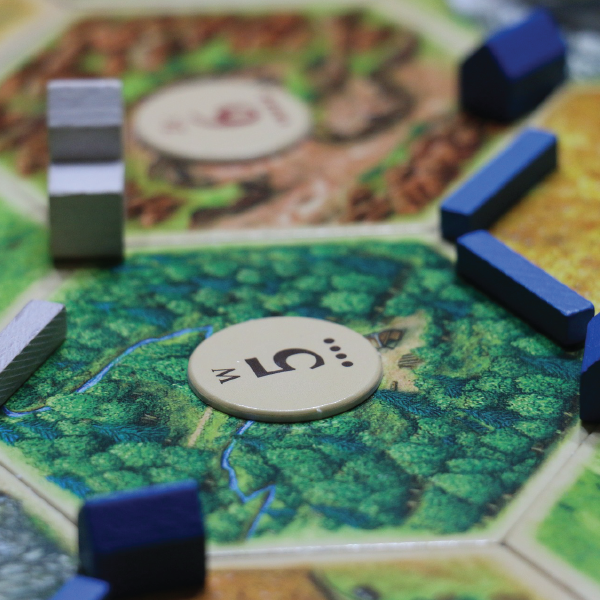Summary: Dopamine plays a role in motivation, and this role is important to understand in the context of game design. Understanding how dopamine motivates can help game designers produce games that are interesting, effective, and ethical. Originators and Key Contributors: Henry Chase and Luke Clark presented a study in 2010 that suggested that dopamine was […]
Montessori Method (Montessori)
Montessori Method is an approach to education which emphasizes individuality and independence in learning; children are seen as inherently curious and learning driven.
Uses and Gratification Theory
Summary: Uses and gratification theory (UGT) is an audience-centered approach that focuses on what people do with media, as opposed to what media does to people. Originators and Key Contributors: Uses and gratification theory builds off of a history of communication theories and research. Jay Blumler and Denis McQuail laid the primary groundwork in 1969 […]
Gamification in Education
Summary: Gamification describes the process of applying game-related principles — particularly those relating to user experience and engagement — to non-game contexts such as education. Originators and Key Contributors: In 1980, Thomas Malone published the study “What Makes Things to Learn: A Study of Intrinsically Motivating Computer Games.”[1] Later, in 2002, the Woodrow Wilson International Center […]
Attachment Theory (Bowlby)
Summary: Attachment theory emphasizes the importance of a secure and trusting mother-infant bond on development and well-being. Originator and key contributors: John Bowlby (1907-1990) British child psychiatrist and psychoanalyst, known for his theory on attachment Mary Ainsworth (1913-1999), American psychoanalyst known for the `strange situation` Keywords: maternal deprivation, internal working model, strange situation, attachment styles
Cognitive Dissonance (Festinger)
Summary: Cognitive dissonance is the negative feeling that results from conflicting beliefs and behaviors. Originator: Leon Festinger (1919-1989), American social psychologist Keywords: social psychology, forced compliance, decision-making, error justification
Expertise Theory (Ericsson, Gladwell)
Expertise theory specifies how talent develops across specified fields or domains, focusing on cognitive task analysis (to map the domain), instruction and practice, and clearly specified learning outcomes against which one can objectively measure the development of expertise.
Cognitive Tools Theory (Egan)
Summary: There exist five kinds of understanding (or cognitive tools) that individuals usually master in a particular order during the course of their development; these have important educational implications. Originator: Kieran Egan, a Professor at Simon Fraser University, proposed his theory of cognitive tools as part of a sustained program of writing and research on […]
Self-Perception Theory (Bem)
Summary: Self-perception theory describes the process in which people, lacking initial attitudes or emotional responses, develop them by observing their own behavior and coming to conclusions as to what attitudes must have driven that behavior. Originators and Key Contributors: Psychologist Daryl Bem originally developed this theory of attitude formation in the late 1960’s and early […]
Online Collaborative Learning Theory (Harasim)
Summary: Online collaborative learning theory, or OCL, is a form of constructivist teaching that takes the form of instructor-led group learning online. In OCL, students are encouraged to collaboratively solve problems through discourse instead of memorizing correct answers. The teacher plays a crucial role as a facilitator as well as a member of the knowledge […]









